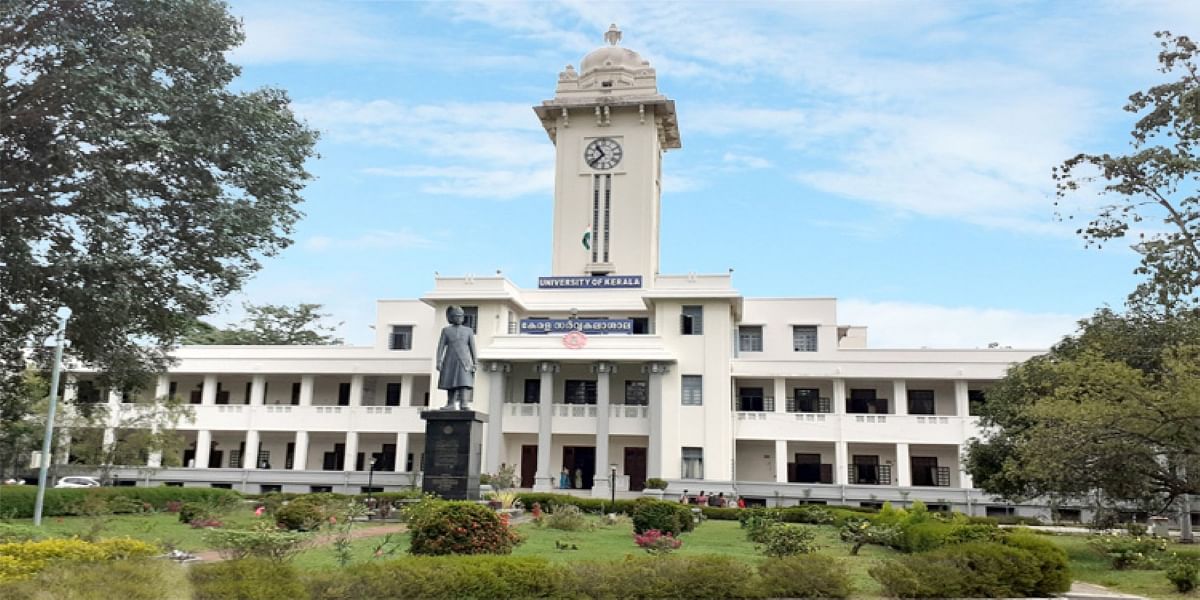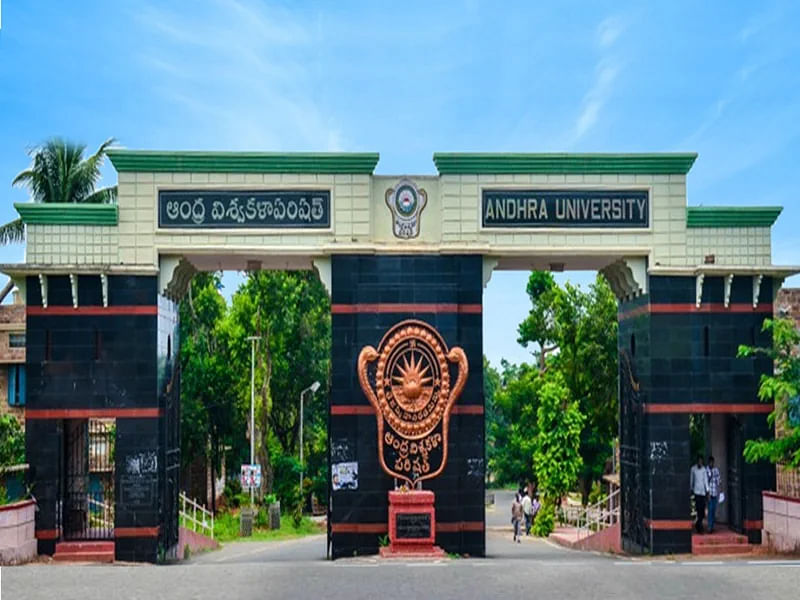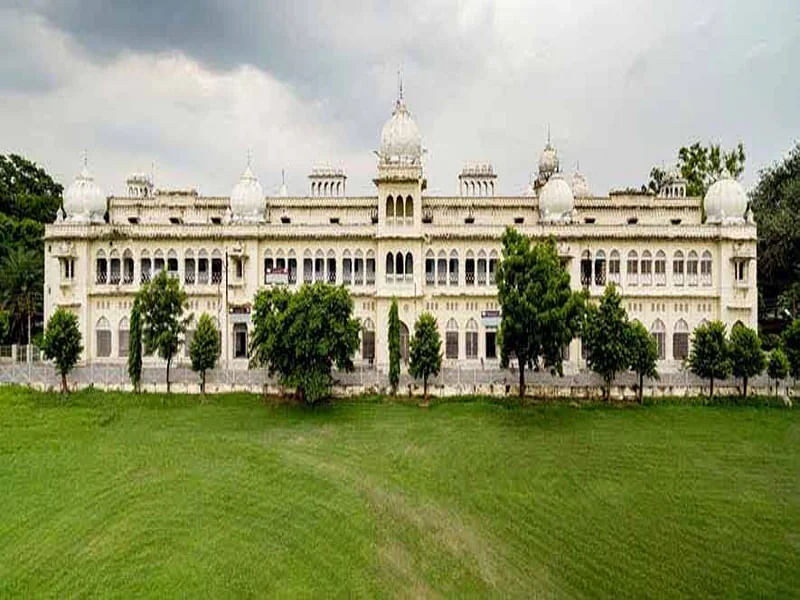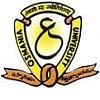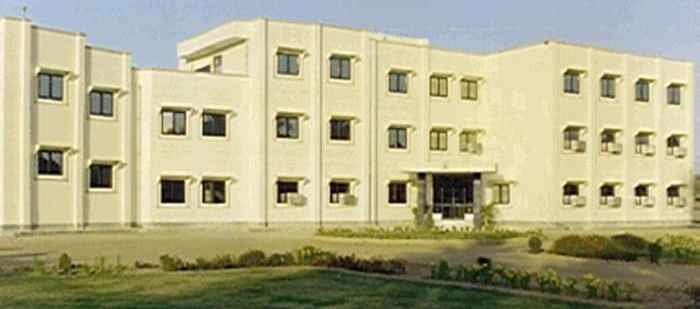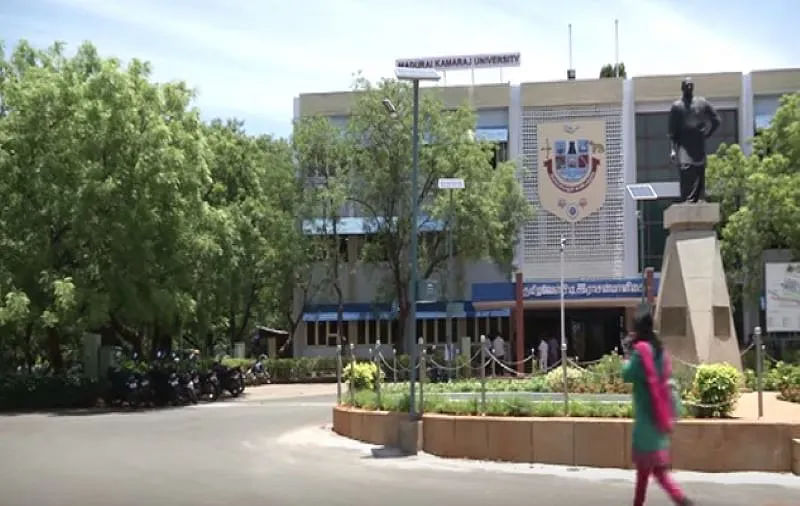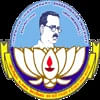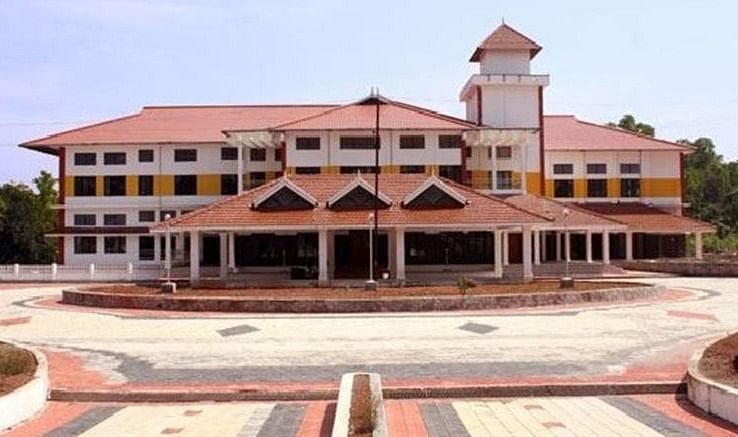B.Sc Botany Syllabus and Subjects

BSc Botany syllabus focuses on the several core functionalities of botanical science and plant pathology along with the economic importance of plants. The BSc Botany subjects include the study of plant anatomy & physiology, Cellular Biology, Biochemistry, Genetics, Ecology, etc.
B.Sc Botany syllabus is structured according to the industry requirements which helps in training the graduates for their career. The B.Sc Botany Job Scope expands to areas such as medical, healthcare, research & development, and agricultural fields.
Table of Contents
Semester Wise BSc Botany Syllabus
BSc Botany syllabus encompasses a theoretical and practical framework for the foundational areas of botany. The course also gives an insight into the important areas of Biotechnology, Microbiology, Genetics, and several others. The semester-wise B.Sc Botany syllabus is given below:
B.Sc Botany 1st year Syllabus
B.Sc 1st year Botany chapters are more inclined towards the functional studies of plant diversity which includes non-vascular plants and vascular plants. The table below contains the B.Sc Botany syllabus 1st year:
|
Semester I |
Semester II |
|
English Language |
English Language |
|
Language ( Regional) |
Language ( Regional) |
|
Biodiversity I (Microbes, Algae, Fungi, and Bryophytes) |
Biodiversity II (Bryophytes, III Pteridophytes, Gymnosperms & Palaeobotany) |
|
Environmental Studies |
General Elective |
|
General Elective |
Value Education - Human Rights |
Practical Topics under BSc Botany 1st Year Syllabus
The practical subjects associated with any BSc Botany subject help students to get hands-on experience. Some of the practical topics in the botany syllabus BSc 1st year syllabus are given below:
- EMs/Models of Viruses
- Types of Bacteria from temporary/permanent slides/photographs
- Monochrome and Gram staining
- Rhizopus and Penicillium
- Herbarium preparation of algae
- Taxonomic identification
- Herbarium techniques
- Study of vegetative and floral characters of the following families
Second-Year BSc Botany Syllabus
The table below contains the second-year B.Sc Botany syllabus:
|
Semester III |
Semester IV |
|
English Language |
English Language |
|
Language ( Regional) |
Language ( Regional) |
|
Cell Biology |
Anatomy and Embryology |
|
General Elective |
General Elective |
|
Skill Development Course I |
Skill Development Course II |
Practical Topics under Second-Year B.Sc Botany
The practical topics in the second-year BSc Botany syllabus are given below:
- Pollination Types & Seed Dispersal Mechanisms
- Adaptive Anatomy
- Study of Meristems
- Monohybrid cross
- Study of simple Tissues
Third-Year B.Sc Botany Syllabus
The third-year B.Sc Botany syllabus is given below:
|
Semester V |
Semester VI |
|
Phylogeny, Morphology & Taxonomy of Angiosperms |
Cytogenetics and Plant Breeding |
|
Plant Biochemistry |
Molecular Biology and Genetic Engineering |
|
Microbiology and Plant Pathology |
Plant Ecology and Phytogeography / Biostatistics |
|
General Elective |
General Elective |
|
- |
Project |
Practical Topics under Third-Year B.Sc Botany
Some of the practical topics in the third-year BSc Botany syllabus are given below:
- Study of properties and measurement of the diameter of plant fibers
- Measurement of plant cell dimensions
- Study of cell organelles using electron micrographs
- Working and handling of equipment used in the microbiology laboratory
- Study of the causal organisms, symptoms, disease cycle, and control measures of plant diseases
BSc Botany Subjects
B.Sc Botany subjects are designed around the study of plant biology and include several skill development courses such as Floriculture, Ethnobotany, Herbal Technology, etc. Some of the core and elective BSc Botany subjects are given below:
B.Sc Botany Core subjects
Core subjects are considered to be essential for the understanding of the course. Below is a list of some core subjects that students are taught during their B.Sc Botany course:
- Microbes, Algae, Fungi, and Bryophytes
- Pteridophytes, Gymnosperms, and Angiosperms
- Morphology, Anatomy, and Embryology
- Cytogenetics and Plant Breeding
- Molecular Biology and Plant Biotechnology
- Plant Physiology
- Plant Ecology
B.Sc Botany Elective subjects
Electives are optional subjects that the students can choose during the last four semesters. Some of the elective B.Sc Botany subjects are given below:
- Seed Biology
- Pomology
- Ethnobotany
- Bioinformatics
- Economic Botany
- Environmental Biotechnology
- Plant Tissue Culture
- Horticulture and Postharvest Technology
BSc Botany subjects in Detail
B.Sc Botany syllabus consists of a wide range of subjects based on various features, classifications, structures, physiology, and ecology of plant organisms. A detailed view of B.Sc Botany subjects is given below:
| B.Sc Botany Subjects | Topics Covered |
| Biodiversity | Microbes, Algae, Fungi, Bryophytes, Pteridophytes, Gymnosperms, Taxonomic hierarchy, Botanical nomenclature, Classification to plant taxonomy, Biometrics, numerical taxonomy, and cladistics |
| Plant Anatomy and Embryology | Meristematic and permanent tissues, Primary structure of organs, Secondary growth, Adaptive and protective systems, Structural organization of flower, Pollination, and fertilization, Embryo and endosperm, seed structure |
| Plant Physiology | Plant-water relations, Mineral nutrition, Translocation in the phloem, Enzymes, Photosynthesis, Respiration, Nitrogen metabolism, Plant growth regulators |
| Cell Biology and Plant Biochemistry | Techniques in cell biology, Cell, and its components, Cell Division, Biomolecules, Amino acids and proteins, Lipids, Nucleic acids, Vitamins, Secondary metabolites |
| Microbiology and Plant Pathology | Methods in microbiology, Preservation, and maintenance of microbial cultures, Microbiology of air, soil, and water, Applications of microorganisms, Plant disease epidemiology, Plant disease management, Genetics of pathogenicity |
| Cytogenetics and Plant Breeding | Cell cycle, Mendelian genetics and its extension, Extrachromosomal inheritance, Linkage, crossing over and chromosome mapping, Alteration in chromosome number and structure, Gene mutations, Introduction to plant breeding, Quantitative inheritance |
B.Sc Botany Course Structure
B.Sc Botany is a three-year-long undergraduate course consisting of a total of six semesters. The course has core, electives, and research as the main components of the B.Sc Botany syllabus. The general course structure is as follows:
- VII Semesters
- Core Subjects
- Elective
- Lab and Practical Workshops
B.Sc Botany Teaching Methodology and Techniques
B.Sc Botany teaching methodology includes traditional forms of teaching where students learn about the concepts through interactive classroom teaching. Listed below are some of the teaching methodology and techniques of the BSc Botany course:
- Research Project
- Core and Elective Subjects
- Practical Lab Workshops
B.Sc Botany Course Projects
B.Sc Botany courses consist of projects that are integral to the curriculum. The program focuses on group or individual projects through which students' performance and understanding of the subject can be evaluated. The following are the most common B.Sc Botany projects:
- Preliminary phytochemical and anti-microbial screening of seed and coat of citrus Sinensis
- The effect of temperature on the percentage of germination of mung beans
- Effect of nitrogen fertilizer on plant growth
BSc Botany Reference Books
The books for B.Sc Botany provide students with a fundamental overview of the course as well as an in-depth study of their area of understanding. The following books serve as the reading materials for BSc Botany :
|
Books |
Authors |
|
The Cambridge Illustrated Glossary of Botanical Terms |
Micheal Hickey and Clive King |
|
Concise Encyclopedia of Plant Pathology |
P. Vidhyasekaran |
|
Encyclopedia of Plant and Crop Science |
Robert M. Goodman |
Top B.Sc Botany Colleges
Top Science Entrance Exams
B.Sc Botany Fee Structure
FAQs on B.Sc Botany Syllabus and Subjects
Q: What is the 1st year syllabus of BSc Botany?
Q: What are the core subjects in BSc Botany?
Q: What are the BSc Botany projects?
Q: What are the important books for BSc Botany?
Q: What is the BSc Botany course structure?


